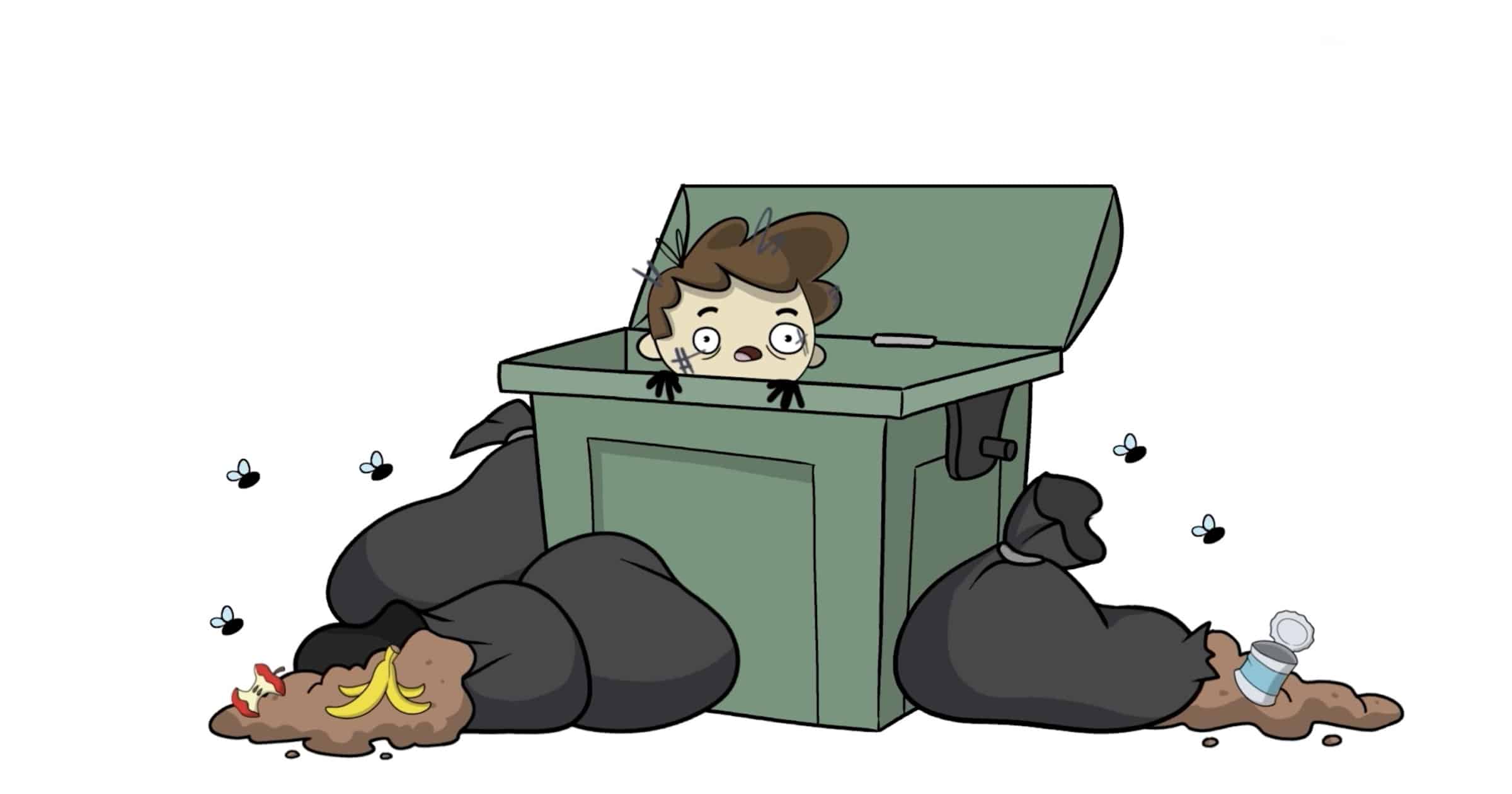 Evolution
Evolution
 Intelligent Design
Intelligent Design
A Reckoning for Darwinism as “Junk DNA” Flops

The myth of junk DNA is much more than just an evolutionary idea that turned out to be mistaken. As the new episode of Long Story Short makes amusingly clear, it also reflects a “battle of predictions” with intelligent design. Going back to the 1970s, evolutionists predicted that, in line with their premise of a randomly generated genome, DNA would turn out to be full of Darwinian debris, playing no functional role but merely parasitic (atheist Richard Dawkins’s term) on the small portion of functional DNA.
Proponents of intelligent design said the opposite. William Dembski (1998) and Richard Sternberg (2002) predicted widespread function for the so-called “junk.” After all, as a product of care and intention, the genome ought to be comparable in a way with products of human genius, with every detail there for a reason.
On that, ID has since been massively vindicated. Scientific theories are tested by the predictions they make. If those fail, it’s a bad sign for the theory. Mainstream science journals like Science are admitting the truth about the erstwhile “junk” — even as a few diehard Darwinists like Laurence Moran at the University of Toronto deny it. It’s not the only reckoning for evolutionary science, either. As just one recent example, we’ve reported here on remarkable candor in the journal Nature about scientists overselling claims in the field of origin-of-life research.
Meanwhile, evolutionists are falling out among themselves, to their own embarrasment — to the point where one group, representing a maverick “Third Way” of evolution, demands that intelligent design proponents desist even from referencing the Third Way website. (Sorry, no.)
Long Story Short treats the junk DNA myth in its own cheeky style … but obviously the stakes are serious. If evolution keeps getting predictions wrong, they’re going to need a new theory. Fortunately, we’ve got one right here.

